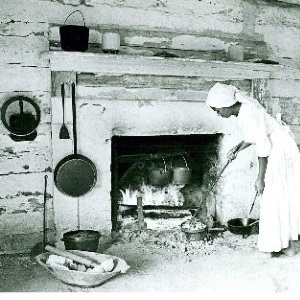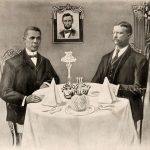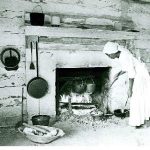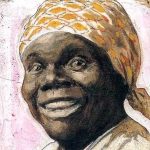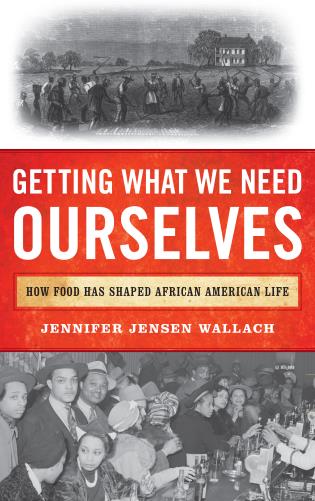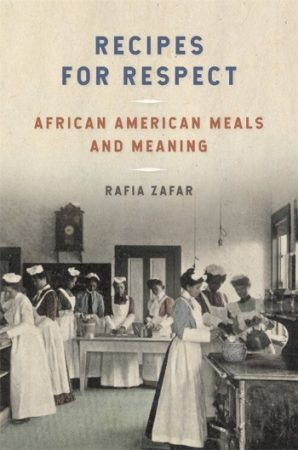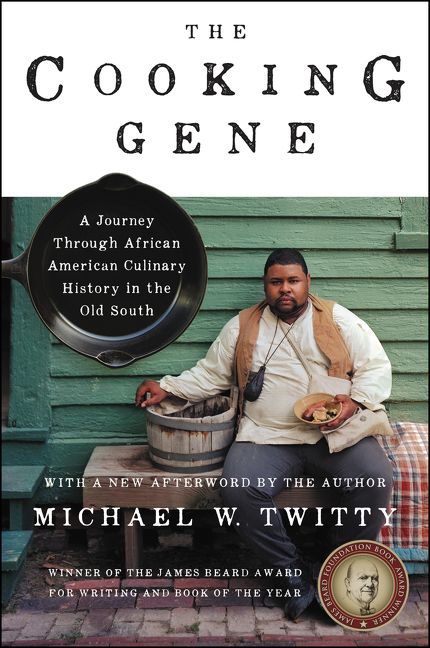Educator Booker T. Washington, who spent his first nine years as an enslaved child in Virginia, wrote in his autobiographies about how the uncertainty of being fed breakfast led to his first intimate acquaintance with animals and what they ate.
Washington said he did not see very much of his mother since she had to leave her children early in the morning to begin her day’s work. “The early departure of my mother often made the matter of securing my breakfast uncertain.” Fortunately, it was the custom to feed boiled Indian corn to the cows and pigs.
“At the times when I had failed to get any other breakfast, I used to go to the places where the cows and pigs were fed and make my breakfast off the boiled corn, or else go to the place where it was the custom to boil the corn and get my share there before it was taken to the animals…If I was not there at the exact moment of feeding, I could still find enough corn scattered around the fence or the trough to satsify me.”
Washington later said that the food shortages on the plantation during the Civil War due to blockades affected the owners much worse than the slaves. The owners had gotten used to eating expensive items prior to the war and the slaves were barely affected by lack of these items.
See: “A 19th Century Slave Diet” by the U.S. National Park Service.

